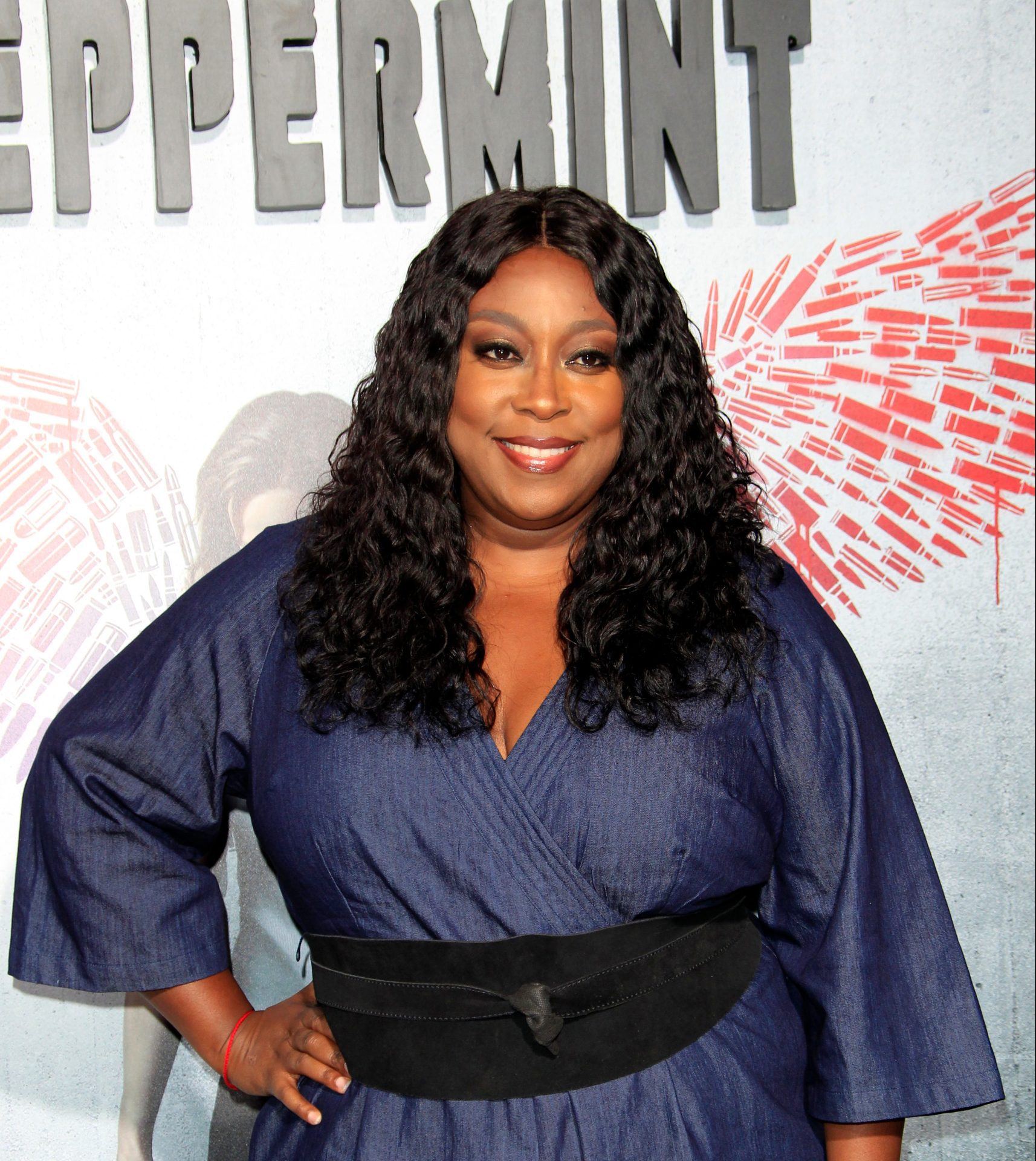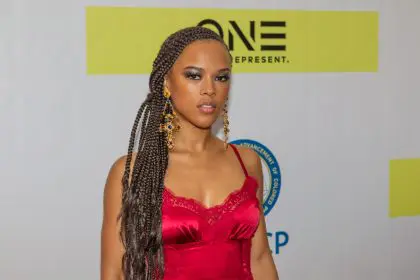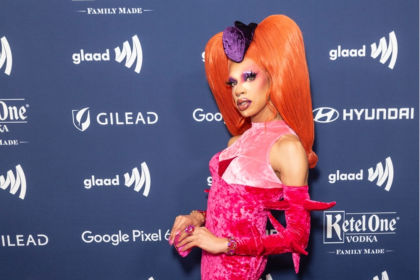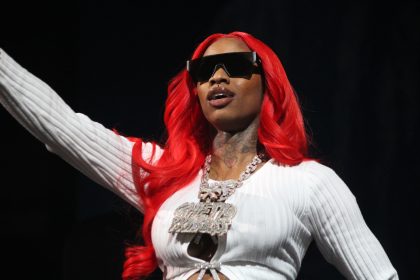Tyler Perry’s latest cinematic venture, Divorce in the Black, featuring Meagan Good and Cory Hardrict, has stirred quite a buzz since its premiere on Amazon Prime. Despite the actors’ positive remarks about their lucrative paychecks, the film has not been spared from criticism, receiving a notably low rating on Rotten Tomatoes.
Controversy and criticism
The film’s plot has been a major point of contention, with some viewers branding it as one of the worst to stream in 2024. Amid the growing critique, comedian Loni Love has publicly urged Perry to balance his investment in actors with equal focus on experienced writers and directors. Love suggests that enhancing the writing and directing team could elevate Perry’s films to award-worthy status.
Public reaction and industry insights
Love’s comments have ignited a debate on social media about the need for higher-quality scripting and direction in Perry’s projects. While some fans agree with Love, advocating for unionized, skilled writers, others defend Perry’s current approach, which has proven financially successful despite the artistic criticism. A former employee at Tyler Perry Studios highlighted that Perry does employ Black writers and directors, though this has done little to quell the criticism of his work’s narrative depth.
Perry’s approach to filmmaking
Perry’s strategy of handling both writing and directing duties has been a hallmark of his work, often leading to mixed reviews from critics but solid box office performances. His focus seems to remain on profitability and maintaining control over his creative outputs rather than pursuing critical acclaim.
As the debate continues, it’s clear that Perry’s films are a polarizing topic. While he is celebrated for his generosity towards actors and representation of Black narratives, the call for richer, more complex storytelling persists. Whether Perry will adjust his approach in response to these critiques remains to be seen.















